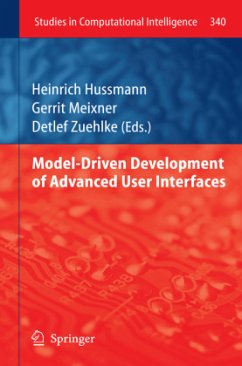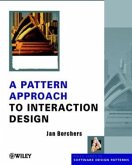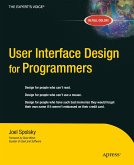Model-Driven Development (MDD) has become an important paradigm in software development. It uses models as primary artifacts in the development process. This book provides an outstanding overview as well as deep insights into the area of model-driven development of user interfaces, which is an emerging topic in the intersection of Human-Computer-Interaction and Software-Engineering. The idea of this book is based on the very successful workshop series of "Model-Driven Development of Advanced User Interfaces (MDDAUI)". It has been written by the leading researchers and practitioners in the field of model-driven development of user interfaces and offer a variety of solutions and examples for - Architectures and environments for the generation of user interfaces - User interface development for specific domains and purposes - Model-driven development in the context of ambient intelligence - Concepts supporting model-driven development of user interfaces
From the reviews:
"This book extensively discusses various model-driven user interface approaches for enhancing the quality of user-centered services and empowering end users to actively collaborate with various agencies involved in the software development life cycle. ... The book provides comprehensive reviews of MDD and addresses future directions for convergence among those involved in the process, including software engineers, practitioners, architects, academics, business enterprises, and researchers." (Harekrishna Misra, Computing Reviews, May, 2014)
"This book extensively discusses various model-driven user interface approaches for enhancing the quality of user-centered services and empowering end users to actively collaborate with various agencies involved in the software development life cycle. ... The book provides comprehensive reviews of MDD and addresses future directions for convergence among those involved in the process, including software engineers, practitioners, architects, academics, business enterprises, and researchers." (Harekrishna Misra, Computing Reviews, May, 2014)








